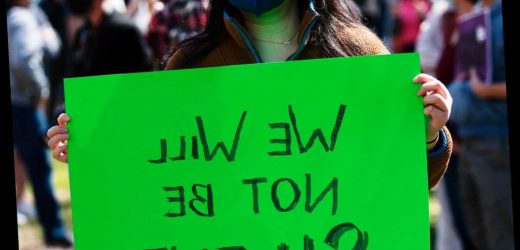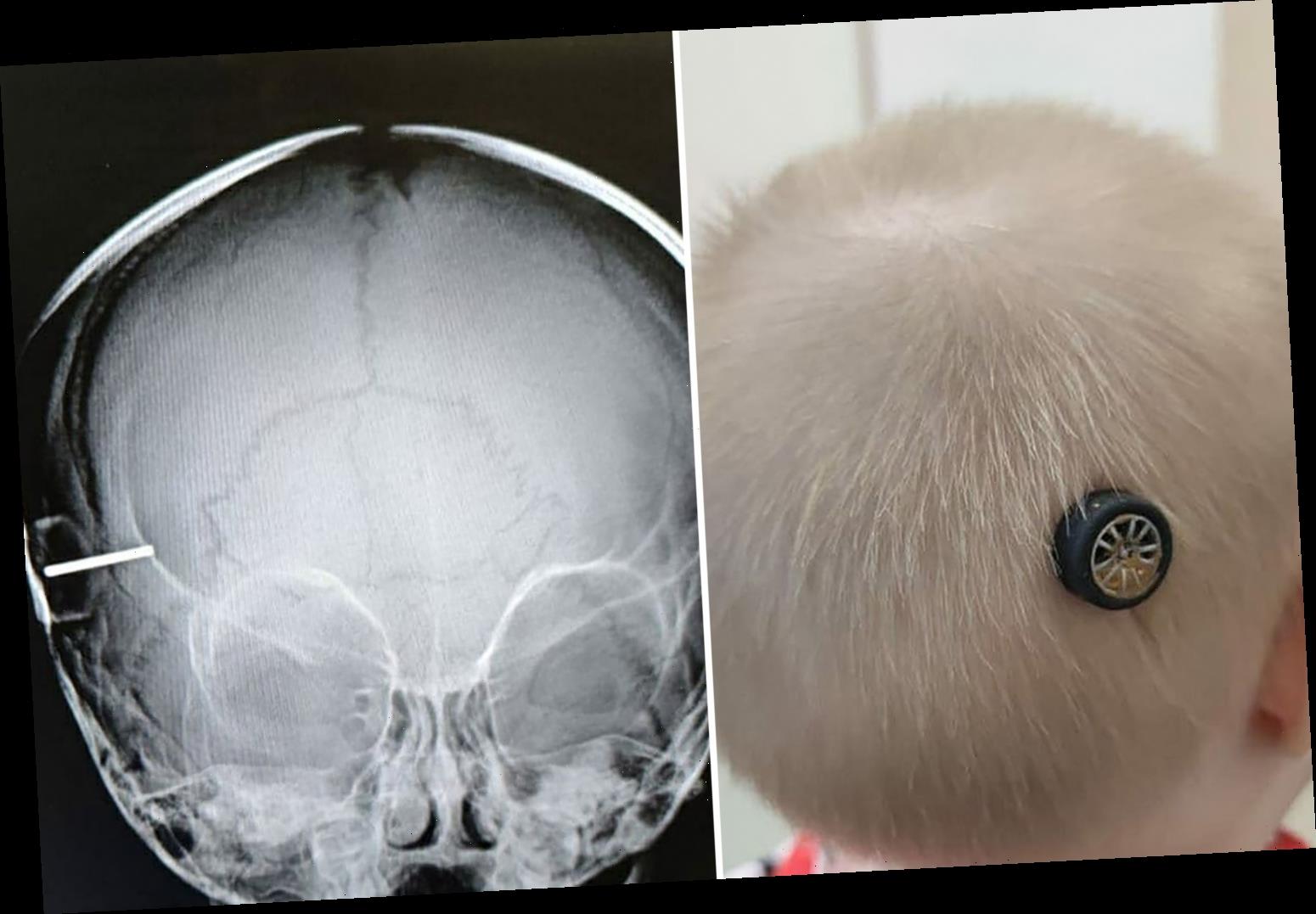More On:
cyber bullying
Believe it or not, TikTok has a kindness feature now
Dad fatally shot when confronting daughter’s cyberbully, family says
2 more ex-eBay employees admit to roles in harassment scheme
Ex-eBay workers plead guilty to cyberstalking couple, sending them live cockroaches
In the wake of a vicious terror attack on the Asian American community in Atlanta this month, new findings by the Anti-Defamation League have added evidence that anti-Asian sentiment is increasing in the US.
Their annual Online Hate and Harassment: The American Experience survey aims to shed light on the safety of social media, particularly for people of color and other marginalized populations, such as the LGBTQ community.
Results gathered from 2020 revealed that Asian American survey participants have suffered the sharpest year-over-year rise in “severe” online harassment since last year — including “sexual harassment, stalking, physical threats, swatting, doxing and sustained harassment” — with a leap from 11% to 17% reporting such abuses, according to the ADL.
“Not surprisingly, after a year where national figures including the president himself routinely scapegoated China and Chinese people for spreading the coronavirus, Asian-Americans experienced heightened levels of harassment online, just as they did offline,” said Jonathan Greenblatt, the chief executive officer of the Anti-Defamation League, in a statement on ADL.org.
Of all the groups, the queer community reported the highest rates of overall harassment for the third year in a row at 64%. Black Americans, too, saw a spike in online race-based harassment — distinguished from harassment which is not clearly motivated by race — from 42% in 2019 to 59% in 2020.
Jewish respondents reported online harassment at a rate of 36%, comparable to last year’s 33%.
Unfortunately, it would appear that social media platforms are sleeping on their own community standards as survey participants reported a decrease in the de-platforming of cyber bullies and abusers. Last year just 14% of comments flagged as threatening violence were deleted by the platform, down from 22% in 2019. Similarly, just 17% of those who endured online threats said that their perpetrator had been booted from the social platform altogether, compared to the 28% that were blocked the year prior.
“This survey shows that even as technology companies insist that they are taking unprecedented steps to moderate hateful content on their social media platforms, the user experience hasn’t changed all that much,” said Greenblatt.
The insidiousness that has flourished online has bled well into the real world, according to another recent study by a group called Stop AAPI Hate, referring to Asian Americans and Pacific Islanders. Respondents reported a total of some 3,800 hate incidents upon Asian-Americans — particularly since the start of the pandemic last year.
Anti-hate groups have meanwhile worked tirelessly to dispel myths that Asians are to blame for the COVID-19 epidemic in the US — prompted, in part they say, by former President Donald Trump’s referencing the coronavirus as the “kung flu” or “Wuhan virus.”
In that survey, Chinese participants were the largest Asian ethnic group to experience incidents of discrimination with 42.2%. Koreans were the next most prominent group with 14.8%, followed by the Vietnamese respondents at 8.5% and Filipinos at 7.9%, according to the Asian Journal’s reporting.
The ADL report comes as Georgia investigators and the Federal Bureau of Investigation work to determine whether the Atlanta shootings, which saw eight killed — six of which were Asian — was motivated by racial bias. The murders have not yet met the criteria required by the FBI to label as a “hate crime.”
Share this article:
Source: Read Full Article



